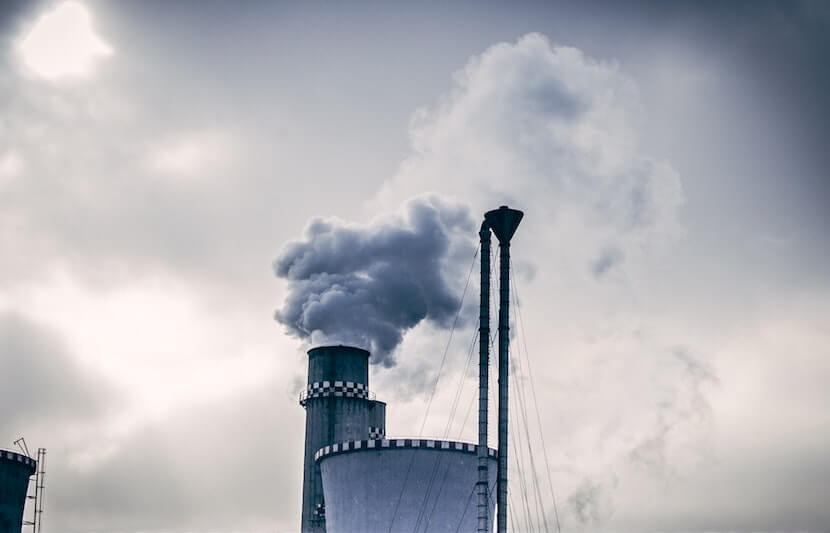Replacing coal with a green technology that uses biomass and carbon capture and storage technologies could create 22,000 new jobs in the U.S. by 2050, according to a new study led by the International Institute for Applied Systems Analysis.
These new jobs will be in forestry and transportation, they say.
In addition, the researchers believe that their proposed bioenergy with carbon capture and storage (BECCS) method would also retain 40,000 existing jobs in the coal industry.
The research comes at a time when removing carbon dioxide from the atmosphere is deemed an important strategy to combat climate change, but many Americans fear the phasing out of fossil fuels, including coal-fired power plants, will result in widespread unemployment.
The research is published in the journal Joule.
How BECCS works
In order to reduce greenhouse gas emissions and limit global warming to the international goal of less than 2 degrees Celsius, the U.S. will have to move away from fossil-fuel based energy sources, including coal.
BECCS could help reduce the country’s release of greenhouse gases.
Rather than using traditional fossil fuels, BECCS produces energy using biofuels while pulling CO2 out of the atmosphere and storing it underground.
BECCS works by collecting CO2 from large emission sources, such as power plants, and injecting it into underground geological formations while using biomass, like plant-based materials, as a source of fuel.
Supporters of this technology believe that 99 percent of stored CO2 is likely to stay in place for over 1,000 years.
Not only would BECCS help fight global warming, but the added advantage is the potential creation of 22,000 jobs in new sectors and the retention of 40,000 jobs in the coal industry.
The study
To conduct the study, the researchers analyzed the major processes involved in the potential energy supply chains for the U.S. coal industry.
They looked at both the supply of sustainable forest resources for biomass, and the cost and design of infrastructure for transporting and injecting CO2 into appropriate geologic sites.
“We also took into account the fact that biomass must be grown and harvested in a sustainable way in order to be considered carbon-neutral and thus obtain negative emissions,” Sabine Fuss, a researcher at the Mercator Research Institute on Global Commons and Climate Change in Berlin, said in a statement.
“This aspect is sometimes neglected in studies dealing with BECCS deployment.”
Economic and environmental advantages
The researchers used a number of models in their analysis order to analyze data, and found that there would be substantial environmental and economic advantages from employing BECCS.
“In the ambitious attempt to limit global warming below 2 degree Centigrade, BECCS features as the dominant technology, yet it’s been under considerable scrutiny for its unknown effects on the environment and society,” Piera Patrizio, a research scholar at the IIASA Ecosystems Services and Management Program and lead author of the study, said in a statement.
“Our analysis shows that acting now and investing in this emission-mitigating strategy can be beneficial for employment in the U.S. coal sector.”
The researchers used the U.S. as a model for the study because of its current economic, political and environmental frameworks.
“This study shows how investing in climate change mitigation actually eases the transition for coal workers, who would otherwise be confronted with abrupt job losses due to the coal fleet retirement by 2050,” Kasparas Spokas, a doctoral candidate in the Civil and Environmental Engineering Department at Princeton University, said in a statement.
Moving forward
The researchers acknowledge that their analysis has some limitations, in that it does not consider other low-carbon options like renewables and uses only a bottom-up supply-chain optimization for specific technologies, so the jobs created by BECCS could therefore vary.
Further analysis could focus on both socioeconomic and macroeconomic effects of transitioning from fossil-fuel based energy, the researchers said.



